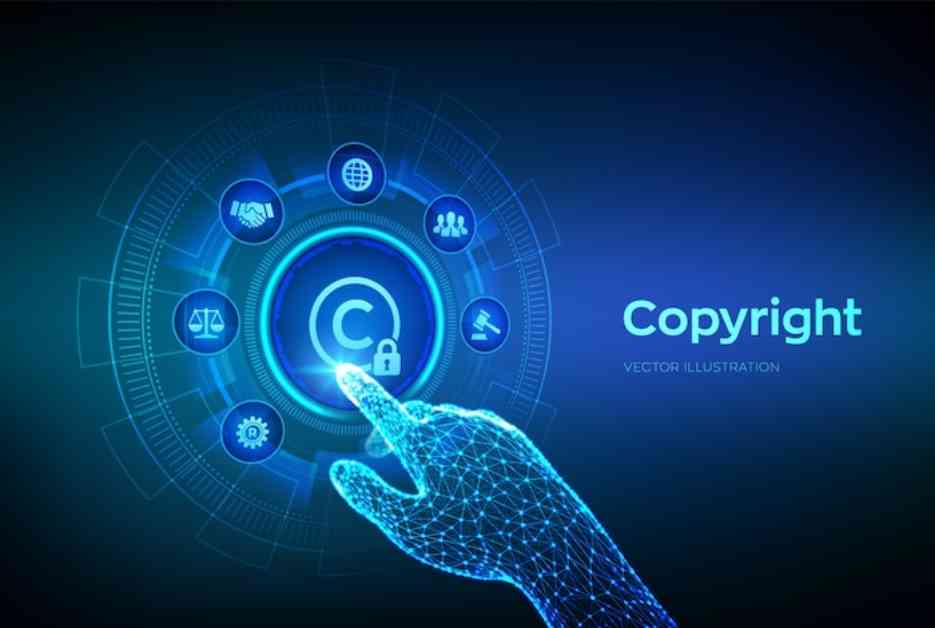In today’s world, plagiarism has become a common issue, affecting various fields like education, journalism, and law. With the rise of generative artificial intelligence (GAI) tools like ChatGPT, the lines between original work and copied content have become blurred. While AI has undoubtedly increased efficiency, it also poses ethical and integrity concerns related to plagiarism and copyright infringement.
For instance, TurnItIn, a leading AI detection software, has faced criticism for potentially flagging student papers as plagiarized when they were actually written by the students themselves. Similarly, the accuracy of AI-generated content has been called into question, with instances of factually inaccurate information being produced by AI models.
Moreover, the public perception of AI is shifting, with a growing number of people advocating for increased regulation and oversight of AI technologies. Surveys have shown that a majority of voters support the government creating an organization dedicated to auditing AI to ensure ethical standards are maintained.
The implications of AI and plagiarism extend beyond academia and into the legal realm. The use of AI tools in legal practice has raised concerns about the accuracy and reliability of AI-generated content, as evidenced by cases where lawyers and judges have relied on incorrect information produced by AI models.
Moving forward, it is crucial to strike a balance between harnessing the potential of AI tools and upholding ethical standards and integrity in various fields. Educating students, educators, journalists, and legal professionals on the ethical use of AI and plagiarism detection programs is essential to prevent inadvertent copyright violations and maintain the integrity of original work.
As we navigate the evolving landscape of AI, intellectual property, and plagiarism, it is imperative to prioritize ethical considerations and protect the rights of content creators. By fostering a culture of responsible AI use and promoting awareness of plagiarism issues, we can ensure that AI technologies serve as valuable tools without compromising ethical standards or infringing on copyrights.















